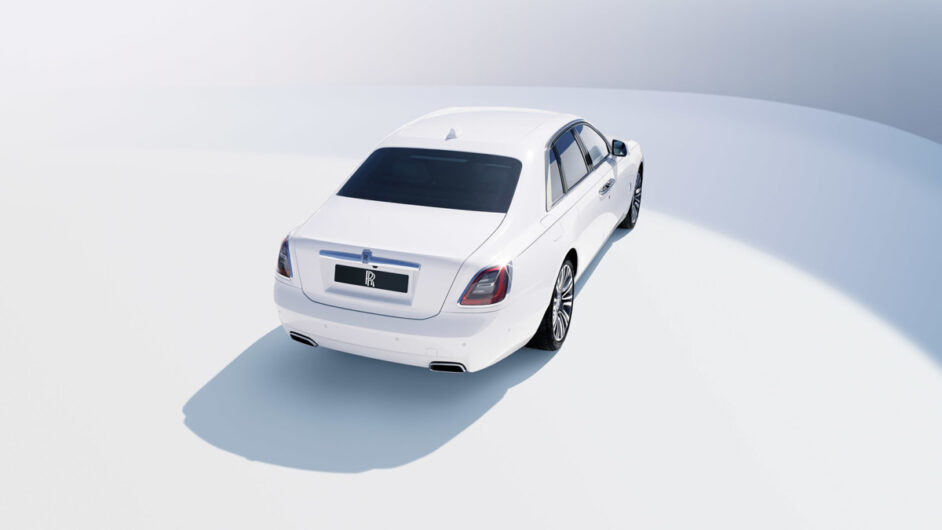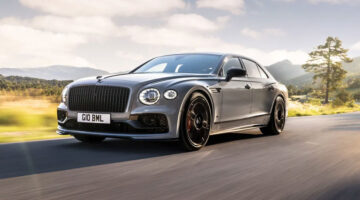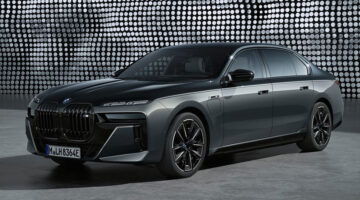Second-generation Ghost saloon features a new body, chassis and interior
This is the all-new Rolls-Royce Ghost, a large luxury saloon in a traditional mould that will rival the Bentley Flying Spur and incoming Mercedes-Maybach S-class. The original Ghost was a controversial model for Rolls-Royce, as while it looked like a true Roller, its BMW-derived underpinnings always came under a level of scrutiny in regards to authenticity.
This is something Rolls-Royce seeks to amend the second time around, as the new Ghost is now built on the same all-aluminium chassis that’s used for the Cullinan SUV and flagship Phantom. The bespoke nature of the new Ghost’s chassis has given Rolls-Royce’s engineers the ability to focus on the company’s pursuit of ultimate refinement and comfort, something that was always compromised on the first-generation car.

Unique to this in-house chassis are elements such as a double-skinned floor and bulkhead that together with 100kg of sound deadening material keep the cabin quiet at speed. The all-new suspension is made up from a combination of air springs and adaptive dampers, but unique to the new Ghost are a further set of dampers connected to the upper wishbones of the front suspension, creating yet another layer of insulation from road noise, both acoustically and haptically.
The suspension set-up has also been given a software overhaul, with the road-scanning function back for its second implementation after being debuted on the first Ghost. This camera-based system reads the road surface ahead and primes each individual corner of the car for any incoming road intrusions or undulations. The active suspension is also supplemented by a GPS data feed, and works from a new electronic brain that manages the suspension and a whole suite of other hardware elements, such as the all-wheel-steering and all-wheel-drive systems, both of which are a first for a Rolls-Royce saloon.

The Ghost is powered by a 6.75-litre twin-turbocharged V12 petrol engine, which produces a peak power output of 563bhp, with 627lb ft of torque available from just 1600rpm. As with all Roll-Royce models, outright performance is not a top priority, but the Ghost will still reach 100kph in 4.9sec. Drive is sent to the aforementioned all-wheel-drive system via an eight-speed ZF automatic transmission, which like the suspension is aided by the embedded GPS data stream to predict gearchanges in preparation of incoming road conditions. The car’s kerb weight is rated at 2490kg.
The cabin has also been given an overhaul, maintaining a familiar aesthetic while building on the opulence and technology of its predecessor. The new dash layout is simple and restrained, with a large infotainment display and digital dial pack sitting above open-pored wood trim. The exterior design is crafted in a similar fashion, with all of the expected elements such as the ‘Pantheon’ grille and coach doors, but refreshed with more expressive shapes than on the Phantom.
As the most successful model in Rolls-Royce’s history, the Ghost holds an important place not just as its high-volume saloon, but also as the basis for derivative models such as the Wraith coupe and Dawn soft-top. And while many owners probably won’t really care about its new Rolls-Royce-specific architecture, it is nice to know the Ghost is no longer a BMW 7-series in a tailored Savile Row suit.
This article originally appeared at evo.co.uk
Copyright © evo UK, Dennis Publishing




